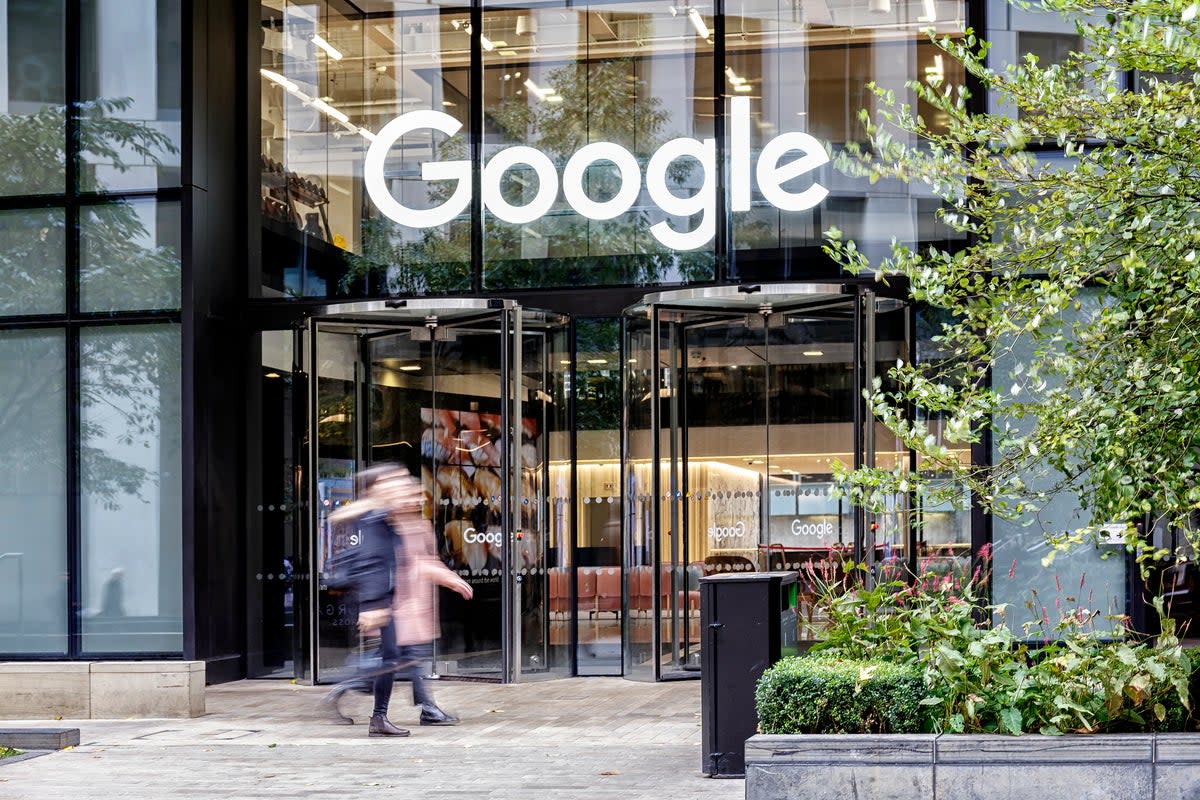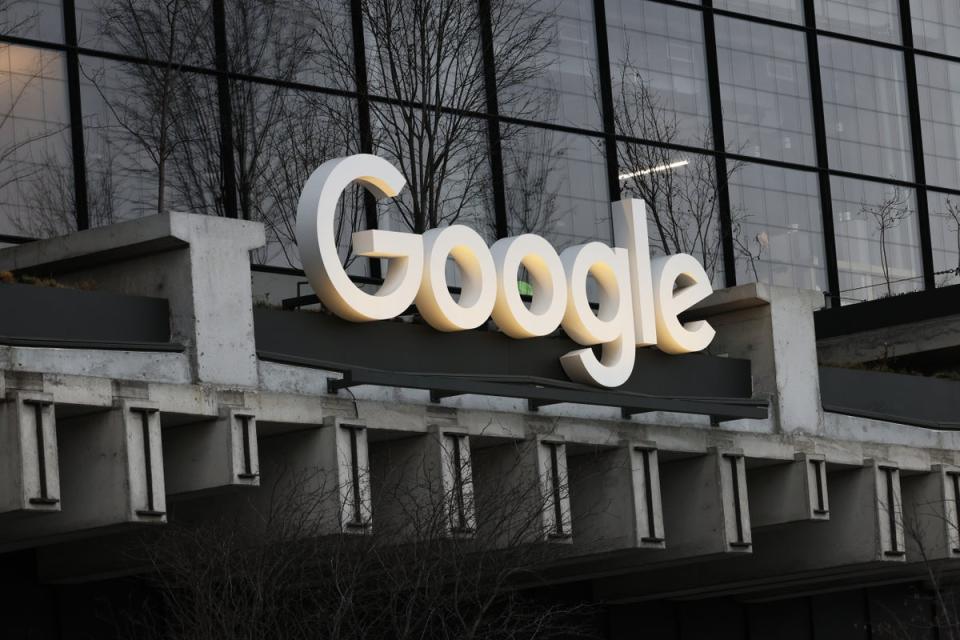Google blames AI for growing emissions that threaten its climate goals

Google partly blamed AI for the fact that its carbon pollution continued to grow last year, threatening the search giant’s commitment to achieve net zero carbon emissions by 2030.
“Reaching net zero emissions by 2030 is an extremely ambitious goal and we know it won’t be easy,” the company acknowledged in its annual sustainability report, released Tuesday.
“Our approach will continue to evolve and will require us to navigate significant uncertainty – including the uncertainty around the future environmental impact of AI, which is complex and difficult to predict.”
The company, which is in the midst of an AI-driven overhaul to core products such as its search engine and Google Workspace, saw a 13 per cent increase in emissions between 2022 and 2023. Compared to its baseline year of 2019, emissions are up 48 per cent.

Elsewhere in its report, Google argues there’s some environmental upside to be found. It said its data centers are 1.8 times as energy efficient as its competition, and the company touted the possibility of using AI itself for environmental solutions like energy-efficient transit routing and modeling extreme weather.
“AI holds immense promise to drive climate action,” one section of the report reads. “In fact, AI has the potential to help mitigate 5–10 per cent of global greenhouse gas (GHG) emissions by 2030.”
Its peer companies are also struggling to contain their emissions.
Microsoft’s carbon emissions have grown by 29 per cent since 2020, the company disclosed in May.
Amazon, which hasn’t disclosed its 2022-2023 figures, said that between 2021 and 2022, emissions fell by a modest 0.4 per cent, though they were still up roughly 40 per cent overall since 2019.
Energy officials warn that the growth of AI will put a strain on the energy grid and the climate. Global data center electricity demand is set to double between 2022 and 2026, according to the International Energy Agency.
In the US, data center electricity use is set to spike by 50 per cent in that same period, per the IEA.
“The growth trend is super-fast," Fengqi You, an energy engineering professor at Cornell University, told ABC News. “This is something I’m concerned about.”


